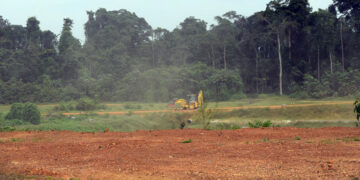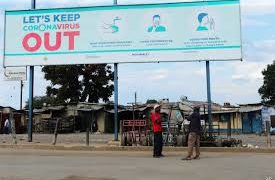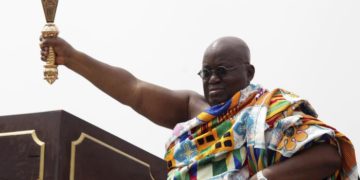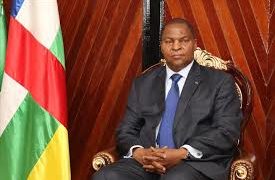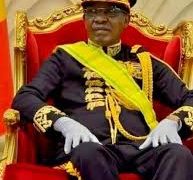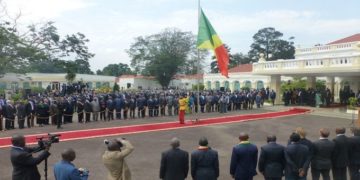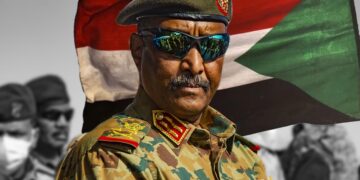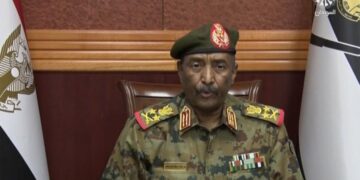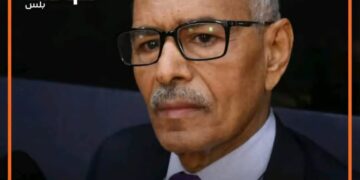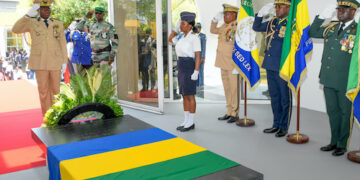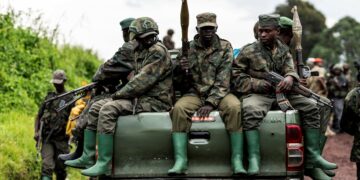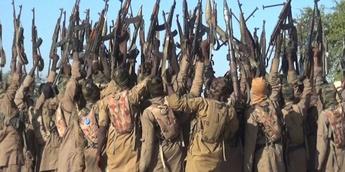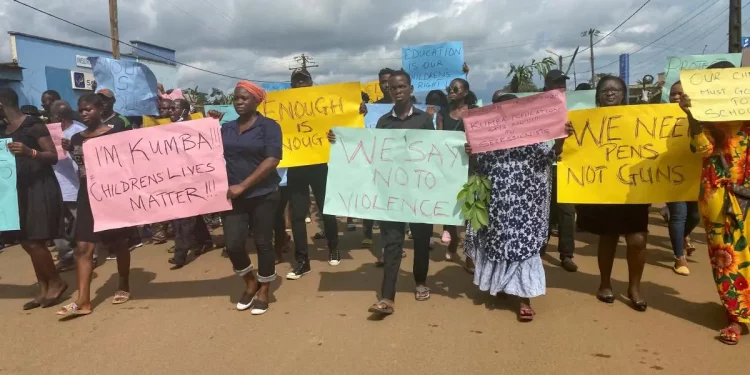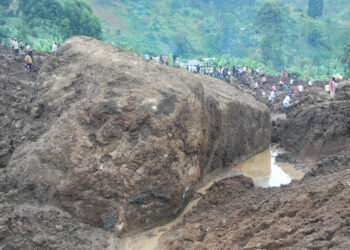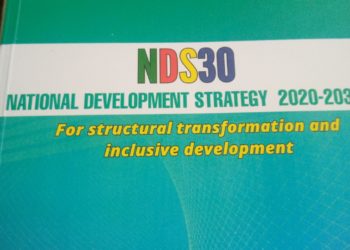Since late 2016, the Anglophone regions of Cameroon have been the scene of a conflict between separatist militants and law enforcement forces. In a new report, Cameroonian researchers analyze how the Yaoundé government has managed this crisis.
According to the report, the government first denied the existence of an “Anglophone problem”, before labeling protesters as “terrorists”. The brutal crackdown on peaceful marches led to a radicalization of the movement.
The government is accused of instrumentalizing anti-terrorism law to reduce civil liberties and silence dissenting voices, including those of imprisoned Anglophone leaders.
The authors of the report also denounce attempts to misinform the public, through pro-government media and experts. The aim would be to minimize the crisis and discredit the demands.
According to the report, this opaque and authoritarian management of the crisis by Yaoundé aims to maintain absolute control of the state and prevent any dialogue with Anglophones on reforming the political system.
To learn more, download the full report by Zeumo Goufack Herman which provides an in-depth analysis of the government’s strategy to reinforce its hegemony and legitimacy during the crisis.

